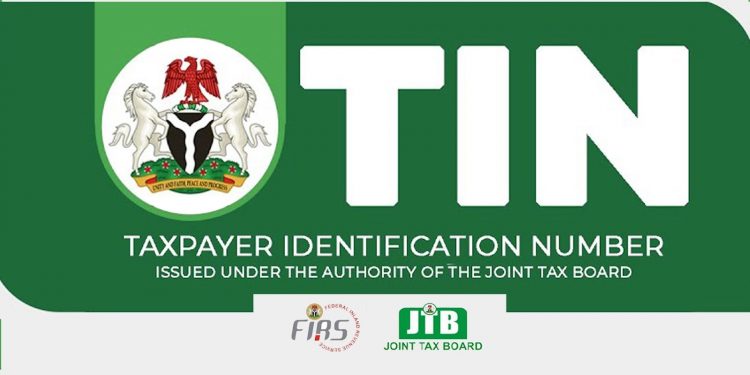A new legislative proposal in Nigeria aims to strengthen tax compliance by mandating individuals engaged in banking, insurance, stockbroking, and other financial services to provide a Tax Identification Number (TIN) as a prerequisite for opening or operating bank accounts. This bill, titled “A Bill for an Act to Provide for the Assessment, Collection of, and Accounting for Revenue Accruing to the Federation, Federal, States, and Local Governments; Prescribe the Powers and Functions of Tax Authorities, and for Related Matters,” was presented to the National Assembly on October 4, 2024.
The primary objective of the bill is to enhance tax compliance and streamline the revenue collection process across the country. It emphasizes the importance of ensuring that all individuals and entities involved in financial activities are adequately registered for tax purposes.
According to the provisions of the bill, “A person engaged in banking, insurance, stock-broking, or other financial services in Nigeria shall make the provision of a tax ID a precondition for opening a new account or operating an existing account.” This requirement extends to non-resident individuals supplying taxable goods or services in Nigeria or earning income from the country, who will also need to register for tax purposes and obtain a Tax ID. However, non-residents earning only passive income from investments in Nigeria are exempt from this requirement, although they must still provide relevant information as directed by the tax authority.
Furthermore, the proposed legislation empowers tax authorities to automatically register individuals who should apply for a TIN but do not do so. In such cases, the tax authority must promptly notify the individual about their registration and the issuance of the TIN.
The bill also introduces penalties for non-compliance. A taxable person who fails to register for tax will incur an administrative penalty of ₦50,000 for the first month of non-compliance, followed by ₦25,000 for each subsequent month.
This initiative represents a significant step towards improving Nigeria’s tax compliance landscape and ensuring that all participants in the financial sector are contributing their fair share to the nation’s revenue. The introduction of this bill reflects the government’s commitment to enhancing tax administration and promoting accountability within the financial services industry.










